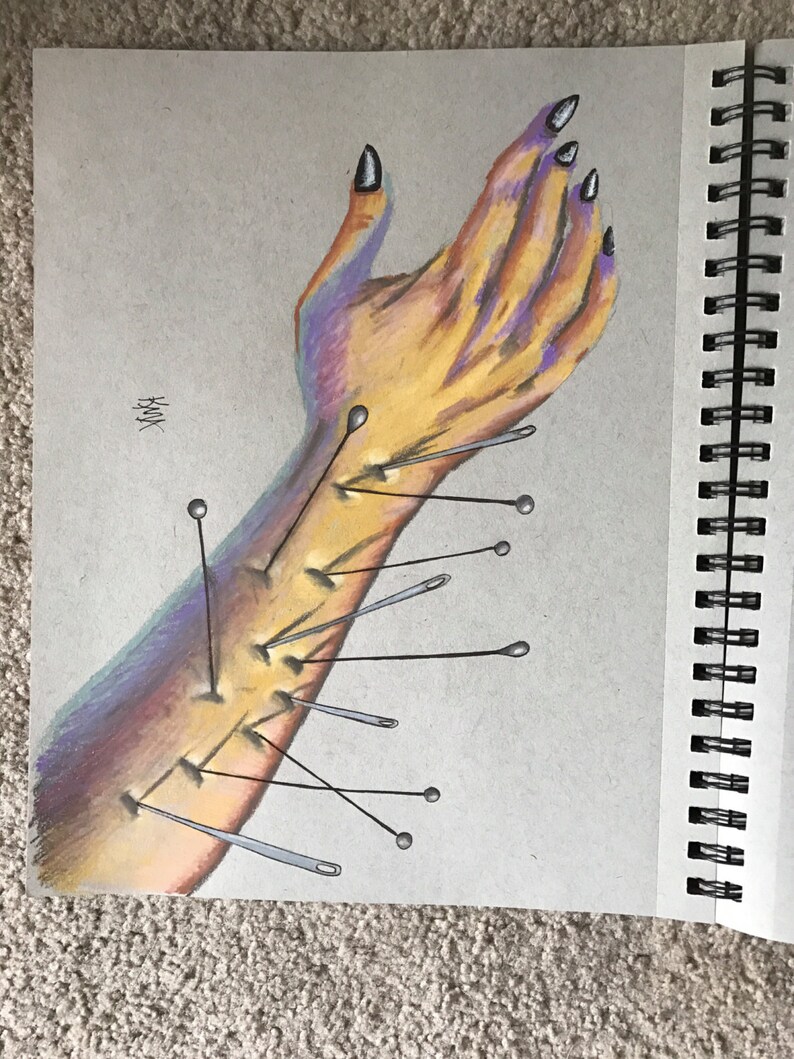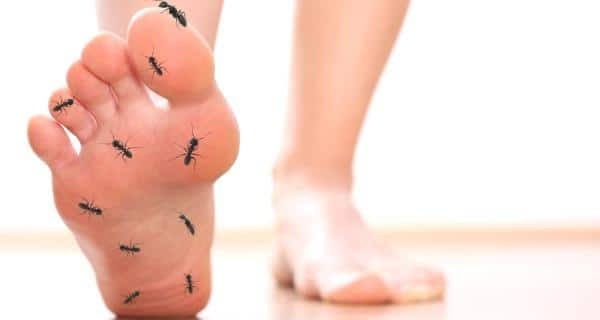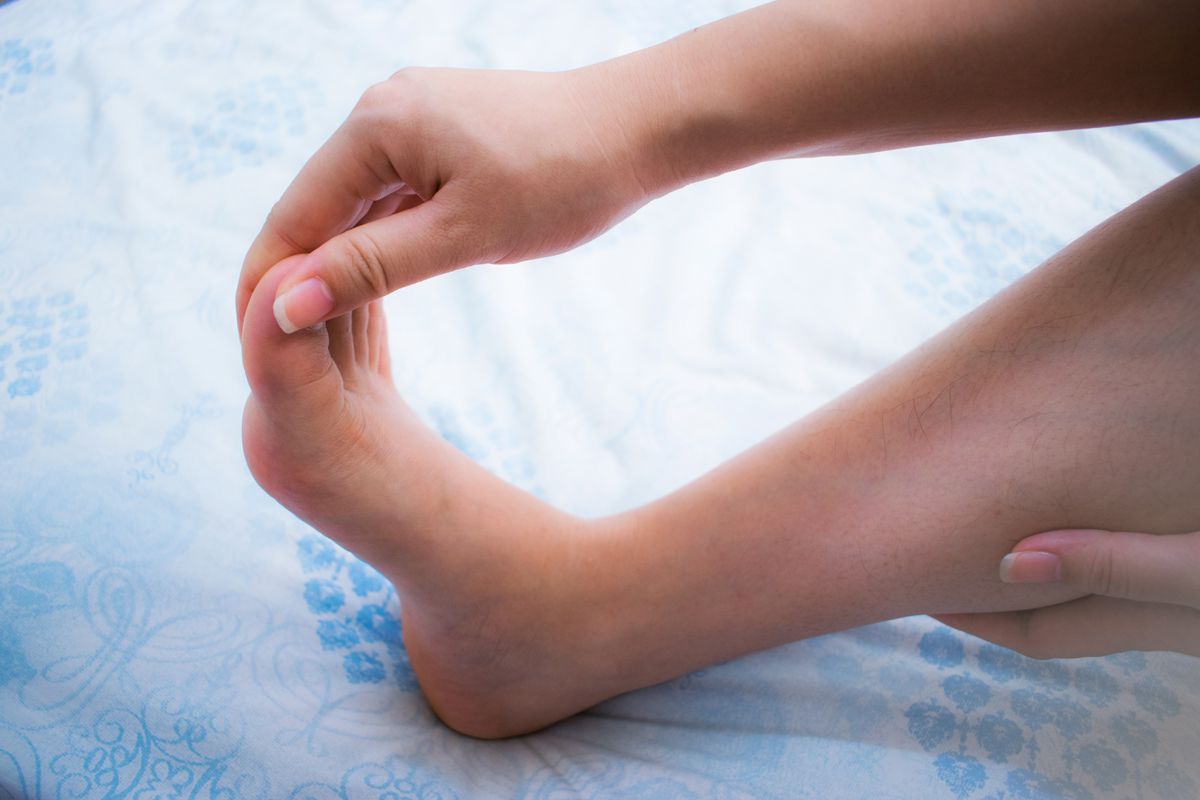

Pins and needles all over body itchy skin#
Skin biopsy to examine nerve fiber endings.Autonomic testing, which evaluates how your body reacts to specific stresses.Electromyography/nerve conduction studies, inserting a fine needle into a muscle to record electrical activity when muscles are at rest and when they contract.To diagnose your condition, your HonorHealth neurologist will use tests that include: Drop in blood pressure when shifting from a seated to standing position, known as orthostatic hypotension.It can include pain from typically painless experiences, such as a bedsheet brushing across the skin. Exaggerated or distorted sense of touch, called allodynia.Numbness or tingling in the extremities.What are the primary signs and symptoms of peripheral neuropathy?

Charcot-Marie-Tooth neuropathy often leads to significant weakness in the feet and hands. Symptoms usually start in childhood, but some people may not have problems until adulthood.

Polyneuropathy can be either acute or chronic. With this type, multiple nerves are affected. Polyneuropathy is more common than mononeuropathy.It's considered a group of symptoms called a syndrome, not a disease. Multiple mononeuropathy occurs when at least two peripheral nerves in separate areas of the body are affected.Examples of mononeuropathy include carpel tunnel syndrome and sciatic nerve dysfunction. Mononeuropathy involves damage to only one nerve.Peripheral neuropathy is classified into three areas: What are the classifications of peripheral neuropathy? It disrupts the critical messages that travel between the brain or spinal cord and every other part of the body. Peripheral nerves also carry instructions to muscles throughout the body from the brain and spinal cord to generate movement.ĭamage to the peripheral nervous system is known as peripheral neuropathy. If you can sense a twitch in your eye or your hands feel cold, it's your peripheral nerves that are conveying that information through your brain. Peripheral nerves dispatch sensory signals from the head, face, eyes, nose, ears, muscles and the rest of the body to the brain and spinal cord. Sometimes an injury, trauma or a specific disease or medical condition can damage this system. It's the extensive, complex communications system that carries information between the brain and spinal cord and all other parts of the body, including skin, other major organs, muscles and extremities.

If you've noticed numbness or tingling in your feet and muscle weakness that's been going on for a while, it's possible you have a problem with your peripheral nervous system.


 0 kommentar(er)
0 kommentar(er)
